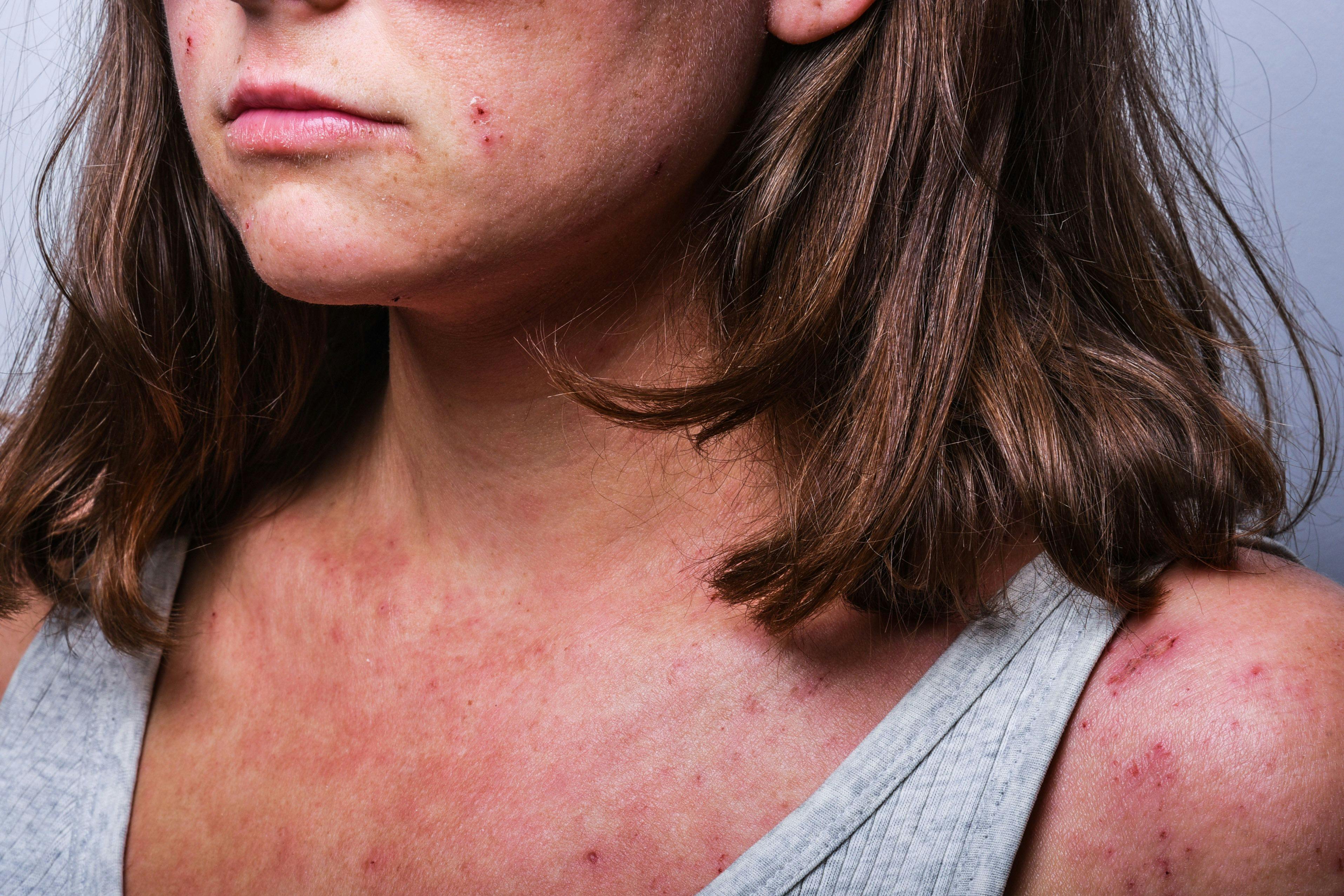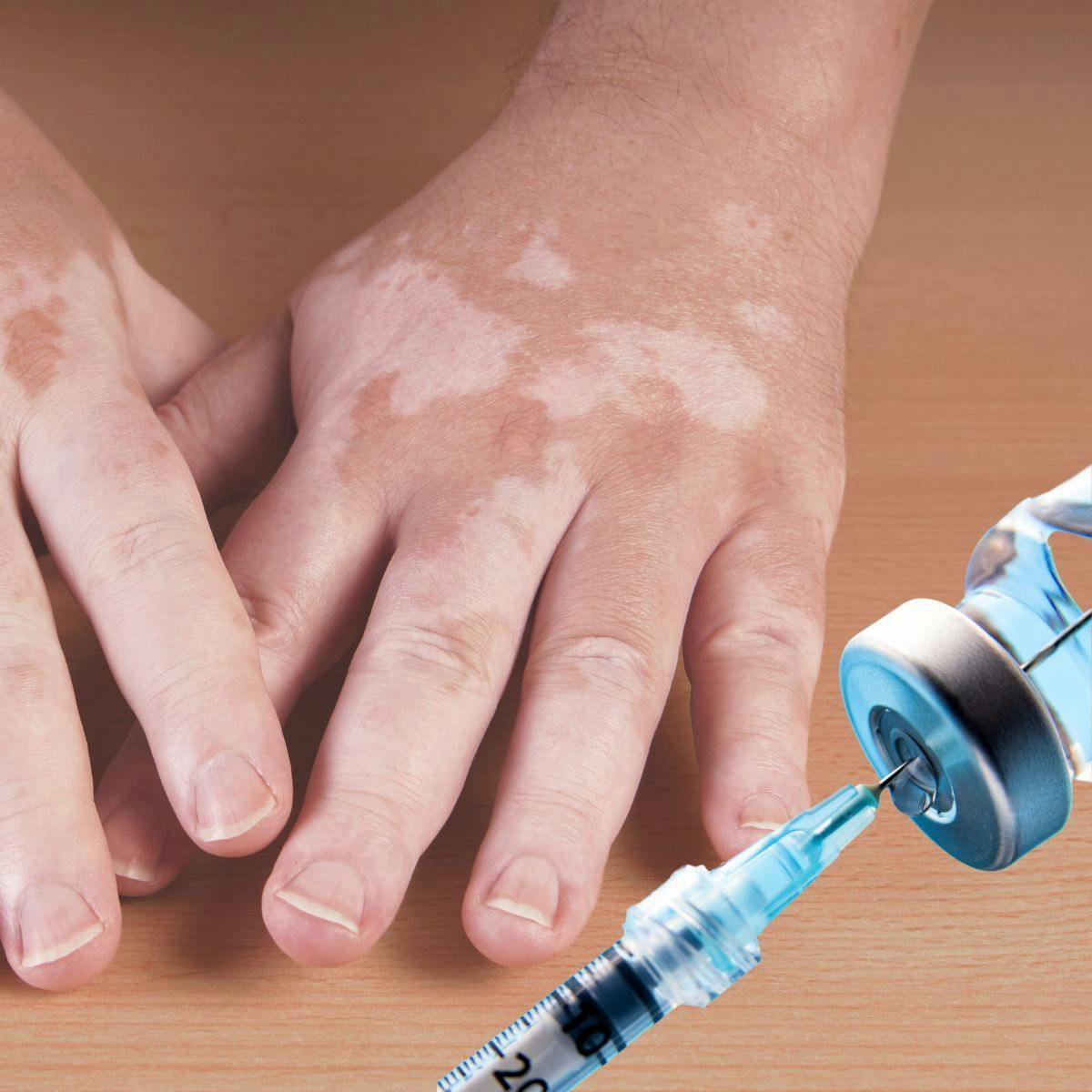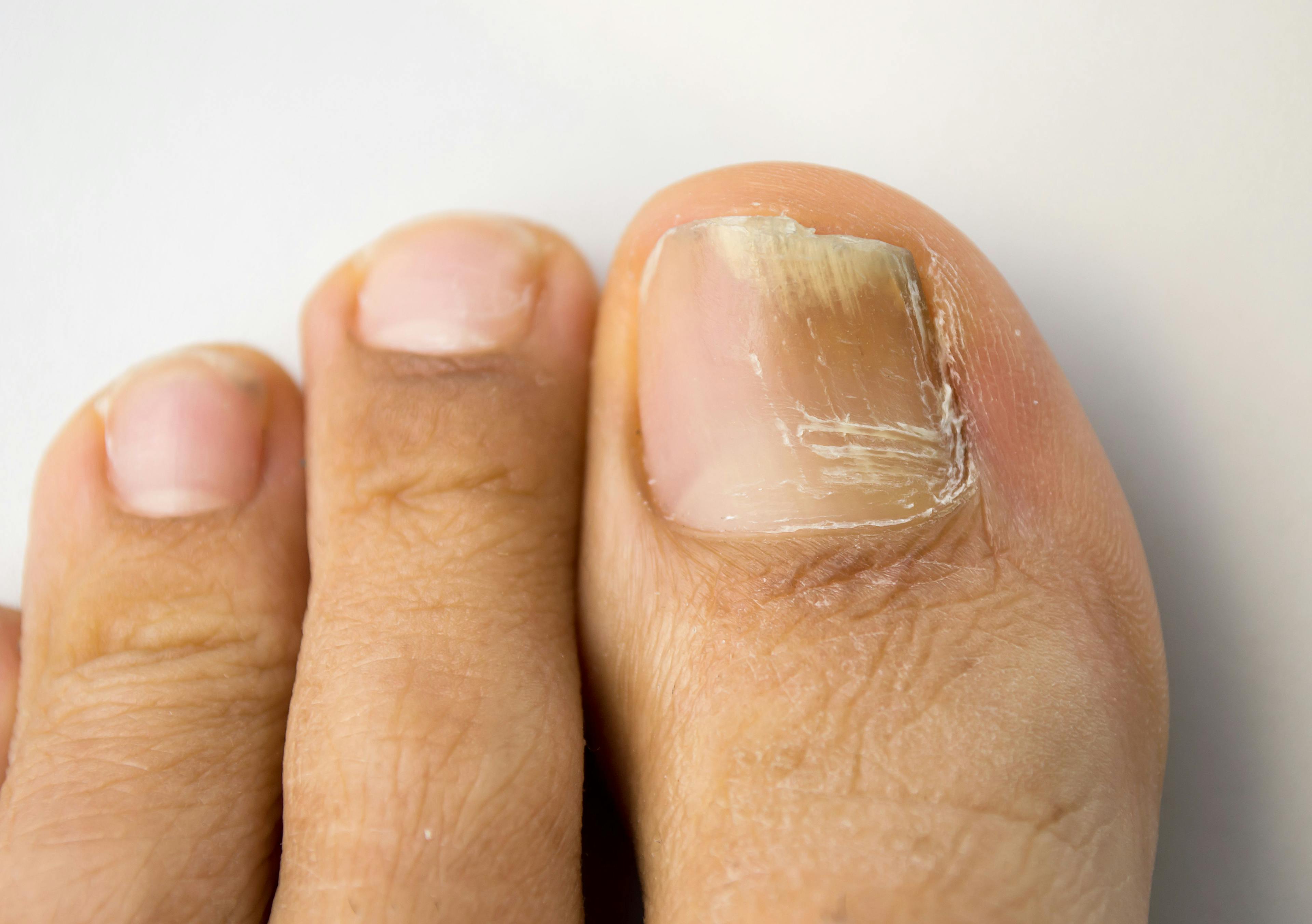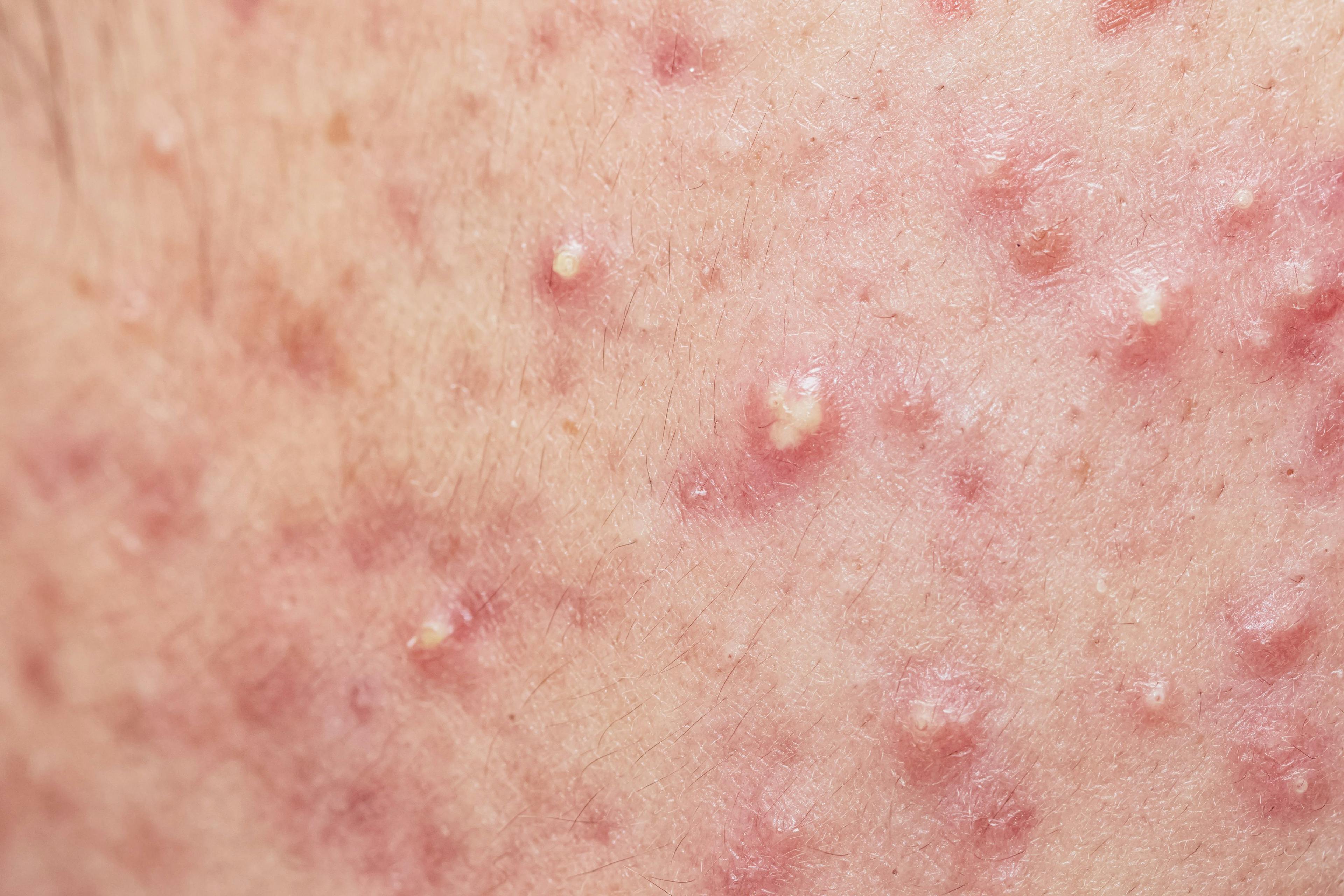- Acne
- Actinic Keratosis
- Aesthetics
- Alopecia
- Atopic Dermatitis
- Buy-and-Bill
- COVID-19
- Case-Based Roundtable
- Chronic Hand Eczema
- Drug Watch
- Eczema
- General Dermatology
- Hidradenitis Suppurativa
- Melasma
- NP and PA
- Pediatric Dermatology
- Pigmentary Disorders
- Practice Management
- Precision Medicine and Biologics
- Prurigo Nodularis
- Psoriasis
- Psoriatic Arthritis
- Rare Disease
- Rosacea
- Skin Cancer
- Vitiligo
- Wound Care
Publication
Article
Dermatology Times
Discovering Dermatology Times: December 2023
Author(s):
Learn more about the in-depth topics covered in the December 2023 print issue of Dermatology Times.

The December issue of Dermatology Times includes a collection of thought-provoking articles and topics ranging from expert insights on AAD's updated atopic dermatitis management guidelines to upcoming treatments for alopecia and vitiligo. Be sure to take a look at the highlights from the issue below. Also, don’t miss a moment of Dermatology Times by signing up for our eNewsletters.
Expert Insights on AAD’s Updated AD Management Guidelines for Using Phototherapy and Systemic Therapies
The American Academy of Dermatology (AAD) recently published new recommended guidelines for the management of atopic dermatitis (AD) using phototherapy and systemic therapies to include more recently approved biologics and Janus kinase (JAK) inhibitors. After their comprehensive review, the guideline authors strongly recommend the use of dupilumab (Dupixent), tralokinumab (Adbry), baricitinib (Olumiant), abrocitinib (Cibinqo), and upadacitinib (Rinvoq); conditionally recommend phototherapy, cyclosporine, methotrexate, azathioprine, and mycophenolate mofetil; and do not recommend systemic corticosteroids. Christopher Bunick, MD, PhD; Aaron Drucker, MD, ScM; and Mona Shahriari, MD, share their thoughts on AAD’s updated atopic dermatitis guidelines.
Aesthetic Procedure Considerations for Skin of Color
Performing aesthetic procedures on individuals with skin of color, specifically those falling under Fitzpatrick skin types IV to VI, requires special considerations due to their propensity for hyperpigmentation reactions, as opposed to the erythema more commonly observed in individuals with lighter skin tones. During her presentation at the 2023 Fall Clinical Dermatology Conference, Cheryl Burgess, MD, FAAD, founder and president of the Center for Dermatology and Dermatologic Surgery in Washington, DC, discussed best practices to utilize laser treatments safely in patients with skin of color. “Sometimes we recommend a little skin test or a little test spot in order to determine how a person is going to respond,” Burgess said in an interview with Dermatology Times.
Secukinumab Demonstrates Efficacy in Reducing Tunnels Associated With Hidradenitis Suppurativa
Secukinumab was effective in reducing the number of hidradenitis suppurativa (HS)- associated draining tunnels in patients with moderate to severe HS, according to a poster presented at the 2023 Society of Dermatology Physician Assistants Fall Conference in Nashville, TN. In a post hoc pooled analysis of the SUNSHINE (NCT03713619) and SUNRISE (NCT03713632) phase 3 trials, which evaluated the safety and efficacy of the anti-interleukin (IL)-17A therapy in adult patients with moderate to severe HS, investigators sought to identify the effects of secukinumab on the number of draining tunnels present in patients.
New Treatments Bring Hope for Autoimmune Skin Conditions
2023 brought exciting advances in the treatment of alopecia areata and vitiligo, autoimmune skin conditions that can significantly impact a person’s physical appearance and emotional well-being. The emergence of Janus kinase (JAK) inhibitors has shown tremendous promise as a novel therapeutic approach. By inhibiting JAKs, these new treatments can modulate the immune system and provide relief for those with alopecia areata and vitiligo. In June 2023, ritlecitinib (Litfulo), a JAK inhibitor developed by Pfizer, was FDA-approved for use in alopecia areata, complementing baricitinib (Olumiant), the JAK inhibitor released by Eli Lilly in 2022.

Newsletter
Like what you’re reading? Subscribe to Dermatology Times for weekly updates on therapies, innovations, and real-world practice tips.




























